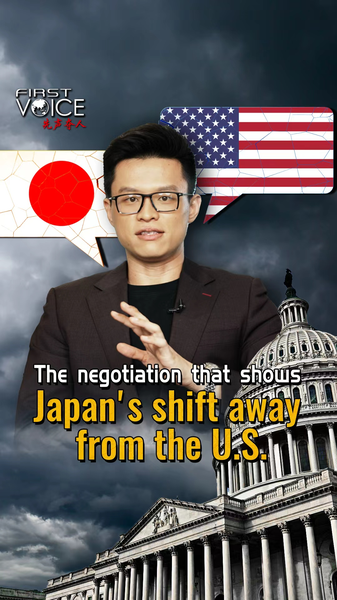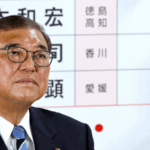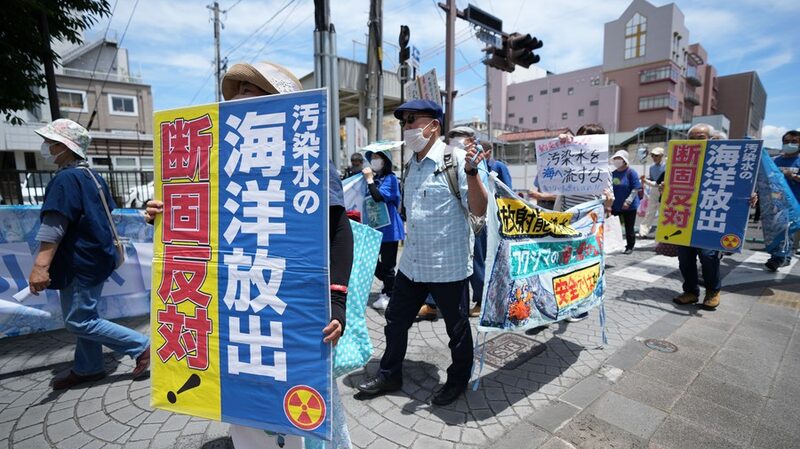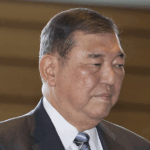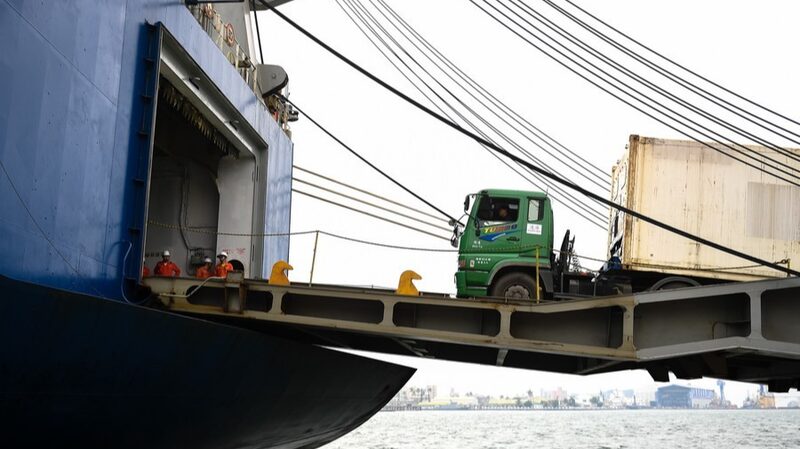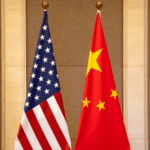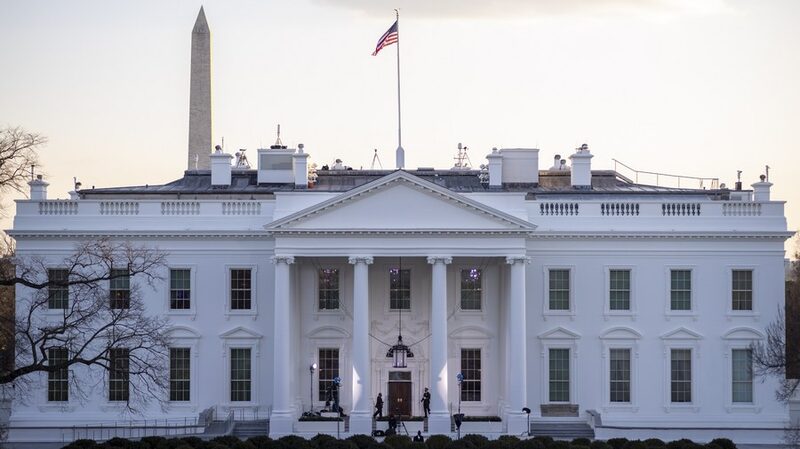In a surprising turn of events, Japan has taken an uncharacteristically firm stance against U.S. trade demands during recent tariff negotiations. Despite U.S. President Donald Trump extending a tariff deadline to August 1st and threatening levies on uncooperative partners, Japanese Prime Minister Shigeru Ishiba declared that Japan would not make concessions lightly, emphasizing the protection of national interests.
This development marks a notable departure from Japan's historical tendency to align closely with U.S. economic policies. Analysts suggest the shift reflects growing regional confidence in Asia's economic resilience and a strategic recalibration amid evolving global trade dynamics. The move could signal deeper fractures in the U.S.-Japan alliance, long considered a cornerstone of Washington's Asia-Pacific strategy.
For business professionals, Japan's defiance introduces new variables into supply chain calculations and market forecasts. Meanwhile, academics are closely watching how this stance might influence broader Asian economic integration efforts. The Taiwan Strait and cross-strait observers are also monitoring potential ripple effects on regional stability.
As Asian diaspora communities seek insights into shifting power balances, travelers and investors alike face a transformed landscape. Japan's posture underscores Asia's increasing willingness to assert independent economic agendas—a trend reshaping global trade patterns.
Reference(s):
cgtn.com
